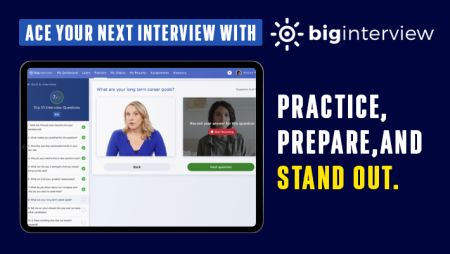When preparing for an interview, it's crucial to focus on the role and your fit within the organization rather than on compensation, benefits, or workplace policies. Here’s why you should avoid asking questions that center on these aspects:
- When can I take my first vacation?
- Will there be overtime? How is it compensated?
- What is the policy on Internet use?
- How many sick days do I get?
- How quickly can I get promoted?
- How often are breaks?
Focus on the Role, Not Benefits or Salary: Your primary goal in the interview is to demonstrate why you’re the best fit for the position and to learn about the role itself. Questions about benefits, salary, or company policies can give the impression that you are more interested in what the company can offer you than in contributing to the role and organization.
Avoid Questions on Vacation and Sick Days: Questions like “When can I take my first vacation?” or “How many sick days do I get?” may imply that you are preoccupied with time off rather than with the job responsibilities. Instead, focus on understanding the job’s challenges and how you can contribute effectively.
Overtime and Compensation Queries: Asking “Will there be overtime? How is it compensated?” can suggest that you are concerned about how much work you might be expected to do beyond regular hours. Instead, concentrate on how the position aligns with your career goals and how you can excel in the role.
Internet and Break Policies: Questions such as “What is the policy on Internet use?” or “How often are breaks?” can come across as overly concerned with personal convenience rather than the impact you can make in the role. Focus on questions that demonstrate your interest in the team dynamics, company culture, and opportunities for growth.
Promotion and Advancement Inquiries: Asking “How quickly can I get promoted?” might suggest a lack of interest in the current role and an emphasis on future advancements. Instead, inquire about the skills and experiences that will help you succeed in the role and contribute to the company's success.






